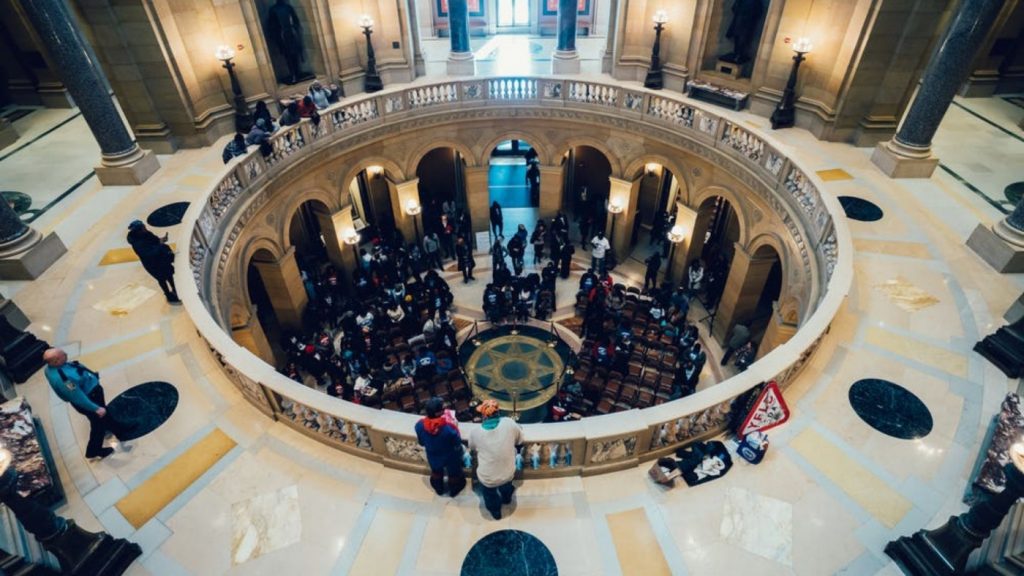Table of Contents
- The Foundation Of The FATF
- What Is The FATF?
- The FATF’s 40 Recommendations
- The FATF’s 9 Special Recommendations
- What Else Does FATF Do?
- FATF Blacklist And FATF Greylist
The Financial Action Task Force, the FATF, is undoubtedly the most relevant international standard-setting body on anti-money laundering and counter terrorism financing.
The Foundation Of The FATF
It was formed in 1989 by the G7 Summit in Paris to combat the growing problem of money laundering. At the time, the task force was charged with studying money laundering trends, monitoring activities taken at the national and international level, reporting on compliance, and issuing recommendations and standards to combat money laundering. The objectives of FATF have barely changed.
The single most important objective is to set standards and promote effective implementation of legal, regulatory and operational measures for combating money laundering, terrorist financing and other related threats to the integrity of the international financial system.

What Is The FATF?
It’s important to mention that the FATF is an intergovernmental organisation and a “policy-making body” that works to generate the necessary political will to bring about national legislative and regulatory reforms in the area of money laundering.
The FATF’s 40 Recommendations
The most relevant piece of work of the FATF are the so-called FATF Recommendations. These recommendations have a history of their own. 1990 marks the year when the FATF first issued its initial 40 recommendations on money laundering. It was and it is the primary means of policy issued by the FATF. The Recommendations are seen globally as the world standard in anti-money laundering. Many countries have made a commitment to put the Forty Recommendations in place. The Recommendations cover the criminal justice system and law enforcement, international co-operation, and the financial system and its regulation. Speaking about the history of the recommendations, the FATF completely revised the Forty Recommendations in 1996 and 2003. A ninth Special Recommendation was added later
The FATF’s 9 Special Recommendations
In October 2001, following the September 11 terrorist attacks in the United States, it has issued eight Special Recommendations on Terrorist Financing. Later on, another Special Recommendation was added. Together, the 40 Recommendations on Money Laundering and nine Special Recommendations on Terrorism Financing set the international standard for anti-money laundering measures and combating the financing of terrorism and terrorist acts. Both sets of FATF Recommendations are intended to be implemented at the national level through legislation and other legally binding measures.
At some point it has issued Interpretive Notes for their Recommendations and ultimately, in 2012, the FATF codified its recommendations and Interpretive Notes into one document.
What Else Does FATF Do?
The FATF also monitors progress in implementing its Recommendations through peer reviews of member countries. This is what the FATF calls mutual evaluations. FATF evaluates a country’s performance based on its assessment methodology that covers two elements.

The first is technical compliance, which is about legal and institutional framework and the powers and procedures of the competent authorities. The second is an effectiveness assessment, which is about the extent to which the legal and institutional framework is producing the expected results.
FATF Blacklist And FATF Greylist
Countries that don’t meet the FATF’s assessment standards to a certain degree may be put on the FATF blacklist or the FATF greylist. The blacklist is formally called the “Call for action”-list and the greylist is formally called the “Other monitored jurisdictions”-list.
FATF describes the jurisdictions that are on the blacklist as having significant strategic deficiencies in their regimes to counter money laundering, terrorist financing, and financing of proliferation. For all countries on the blacklist, the FATF calls on all members and urges all jurisdictions to apply enhanced due diligence towards them. This imposes a particular pressure on businesses and the economies in these countries. In the most serious cases, countries are called upon to apply countermeasures to protect the international financial system from the ongoing money laundering, terrorist financing, and proliferation financing risks from these countries. Over the years, the blacklist has reduced significantly currently only Iran and North Korea remain on that list.
The greylist comprises jurisdictions such as Panama, Bahamas, and Pakistan.








